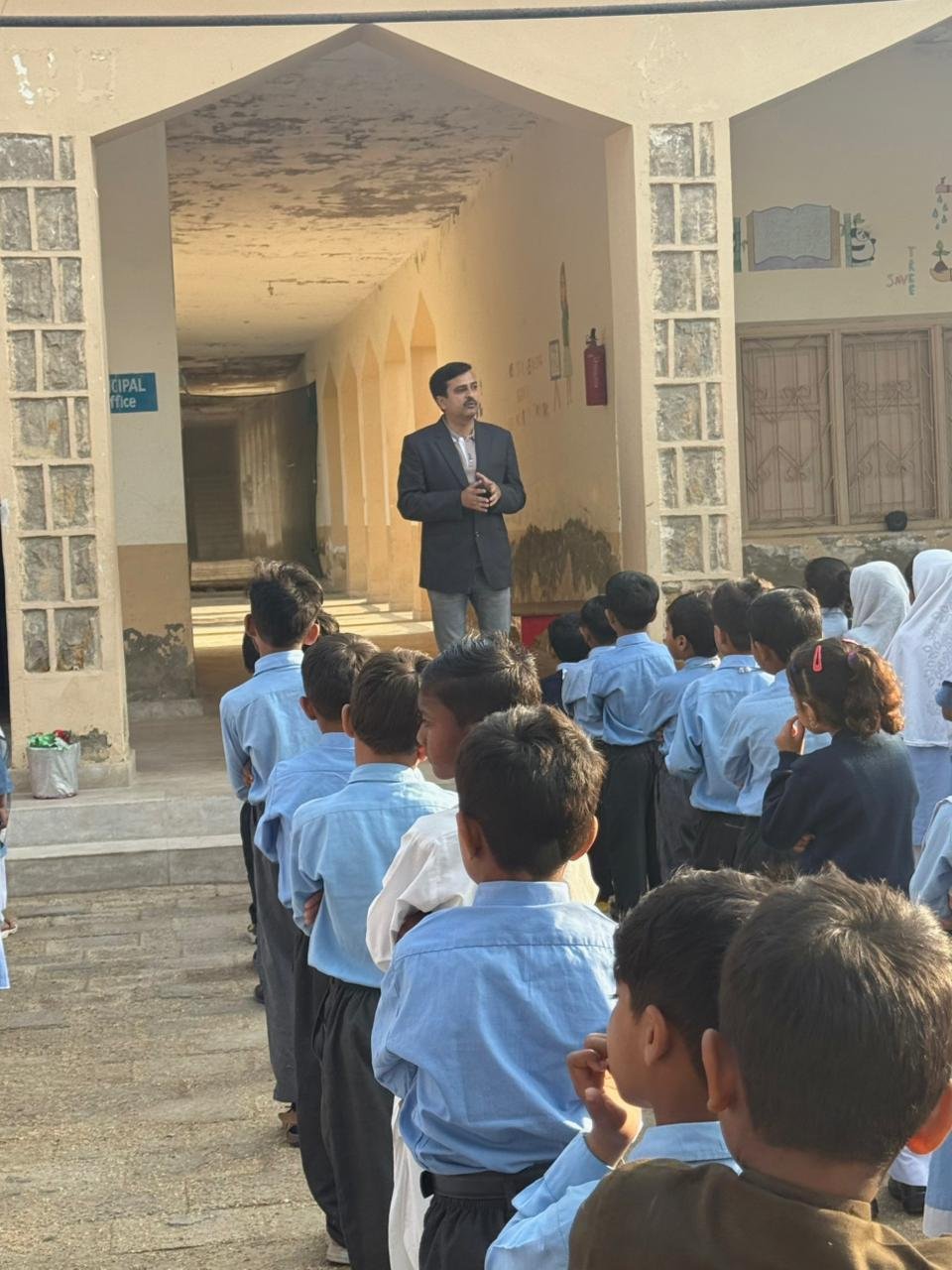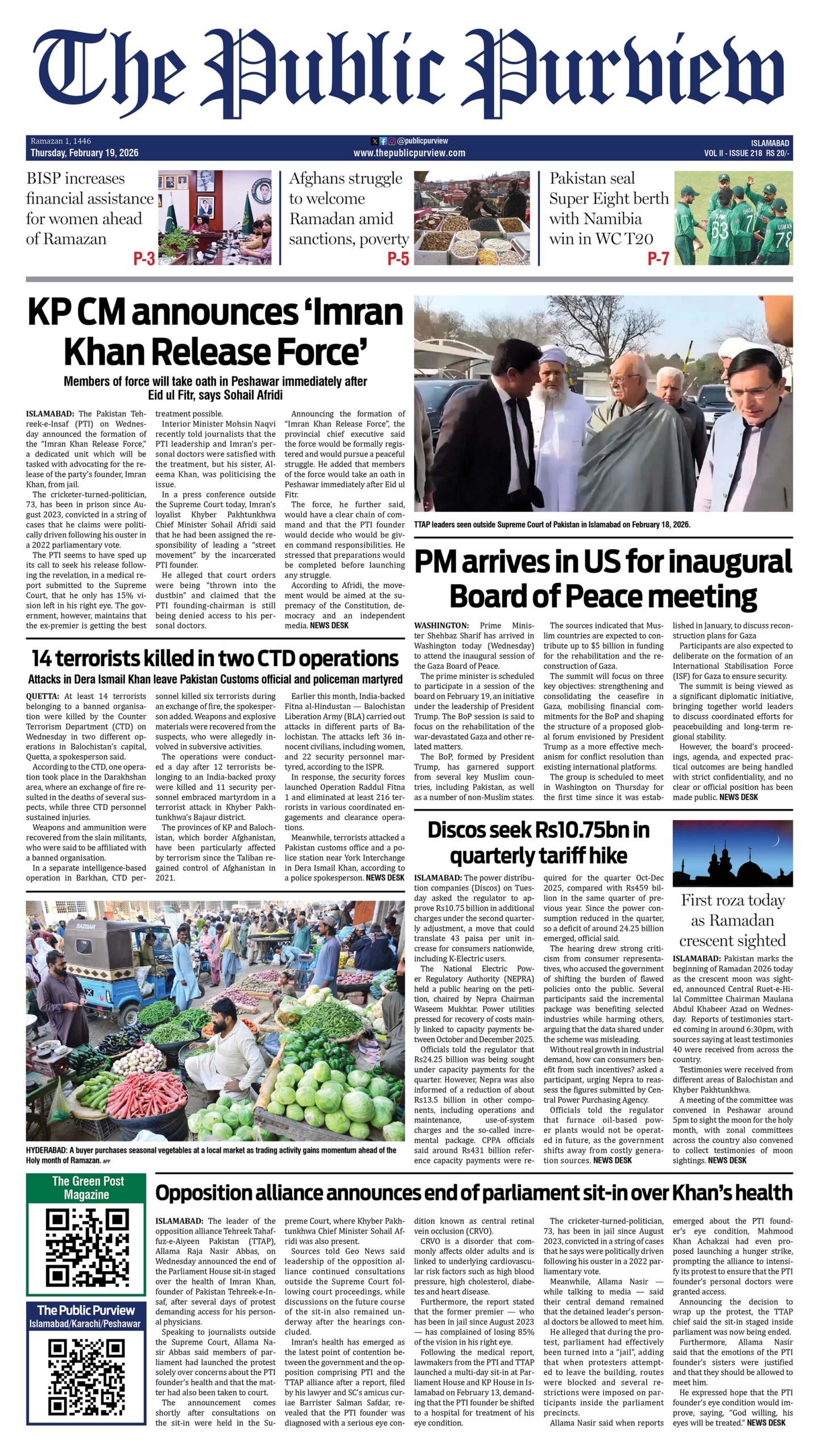Higher education is the engine of national progress, producing the human capital, ideas, and innovations that fuel a nation’s future. The Vice Chancellors’ Conference of August 30, 2025, was convened to develop a comprehensive reform policy for Punjab’s universities—addressing academic excellence, quality assurance, research output, financial sustainability, and governance structures. Yet Pakistan’s universities, especially public-sector ones, remain trapped in systemic weaknesses. The bitter irony of the conference was that many of those who presided over the decline were now sitting as advisers on reform. As Dr. Muhammad Sarwar, TI, reminds us: “Universities collapse not from poverty but from lack of accountability.” The crisis is not merely about resource scarcity but about values, vision, and leadership. Before implementing any reforms, every public university in Punjab must undergo a vigorous ten-year audit covering finances, appointments, governance decisions, and research productivity. Only truth-based diagnostics can lead to truth-based reforms.
Conference reflections: A bitter irony
The Vice Chancellors gathered to identify causes of decline—political interference, bureaucratic intrusion, corruption, and abuse of autonomy. Instead of solutions, however, the conference quickly became a stage of complaints. As Dr. Muhammad Sarwar, TI, observes: “Leaders never make complaints; true leaders make decisions.” Relying on such gatherings for revival is like prescribing poison as medicine.
Pakistan hosts more educational conferences annually than USA, UK, Canada, Singapore, and Korea combined—yet none of these nations-built excellence through meetings alone. They acted. As Rumi wisely noted: “Raise your words, not your voice. It is rain that grows flowers, not thunder.” Real reform demands actions, not resolutions.
The central issue: Leadership
At the heart of higher education lies leadership. The Vice Chancellor is not just an administrator but the architect of institutional culture. Strong Vice Chancellors inspire Deans; strong Deans nurture Chairpersons; strong Chairpersons empower faculty. Conversely, if corruption begins at the top, the rot spreads downward. Dr. Muhammad Sarwar, TI, puts it bluntly: “Universities rise or fall with the integrity of their Vice Chancellors.” Plato’s wisdom reinforces this: “The direction in which education starts a man will determine his future life.” If leadership sets the wrong direction, an entire university can be lost. Leadership failure in academia is not a surface crack; it is a collapse of foundations. Thus, reform must begin with redefining what it means to be a Vice Chancellor—an ethical scholar, not a political appointee.
Decline of debate and academic culture
University statutory bodies—Senates, Syndicates, and Academic Councils—were once vibrant platforms for rigorous debate and collaborative decision-making. Today, they are ceremonial rubber-stamps, with directives imposed from above. Fear of authority has suffocated academic freedom. Dr. Muhammad Sarwar, TI, cautions: “A leader who fears debate cannot nurture knowledge.” Without open dialogue, intellectual stagnation sets in. John Stuart Mill reminded us: “The worth of a man is in proportion to the objects he pursues.” When leaders pursue personal gain instead of truth, they kill the very soul of academic pursuit. Reviving debate and cultivating a fearless academic culture is essential for restoring Pakistan’s universities.
Neglect of students
Amid bureaucracy, appointments, and politics, the very purpose of universities—the students— has been neglected. Policies are framed in ivory towers, divorced from classroom realities. Graduates struggle with employability, creative skills, and global competitiveness. Nelson Mandela’s wisdom remains timeless: “Education is the most powerful weapon which you can use to change the world.” If students are ignored, the nation’s future is silenced. Universities must reorient all policies, research agendas, and governance reforms around student growth, welfare, and career readiness.
Proposed reforms
- Merit-based selection of Vice Chancellors
- Eliminate political and bureaucratic interference in appointments.
- Independent Search Committees should recommend candidates with proven research, teaching, and ethical track records.
- Stakeholder input (faculty, students, alumni, and civil society) should be considered in the process.
“Merit is the oxygen of education; without it, institutions suffocate.” — Dr. Muhammad Sarwar, TI
- Restructure governance
- Vice Chancellors must focus on academic leadership, vision, and global partnerships, not administrative micromanagement.
- Finances, appointments, and procurement should be overseen by independent Boards of Governors with transparency and audit mechanisms.
- Governance reforms should create a balance between autonomy and accountability.
- Restore debate and collegial decision-making
- Revive statutory bodies to function as real forums for academic and financial scrutiny.
- Ensure representation of students, faculty, and staff in decision-making processes.
- Promote a culture of reasoned disagreement, where debate is valued over obedience.
- Strengthen Research and Innovation
- Provide incentives for international publications, patents, funded projects, and community-based research.
- Establish university–industry linkages to align research with national economic needs. – Institutionalize research ethics and integrity as the soul of inquiry.
“Knowledge without action is wastefulness, and action without knowledge is foolishness.” — Al-Ghazali
- Prioritize students
- Align curricula with 21st-century skills: critical thinking, digital literacy, and problem solving.
- Strengthen career services, internships, and entrepreneurship support.
- Foster student participation in governance to keep universities student-centered.
Accountability: The cornerstone
All reform efforts rest upon accountability. Without it, policies remain empty slogans. Dr. Muhammad Sarwar, TI, teaches us: “Accountability is not punishment, it is purification.” Every office—from Vice Chancellors to clerical staff—must face consequences for corruption, negligence, or abuse of authority. Aristotle reminds us: “We are what we repeatedly do. Excellence, then, is not an act, but a habit.” If accountability is absent, corruption becomes the habit. With accountability, excellence can become the culture.
Conclusion
The decline of higher education is not inevitable destiny but the outcome of failed leadership and absent accountability. Conferences alone will not save Pakistan’s universities—decisions will. Dr. Muhammad Sarwar, TI, warns: “Leadership without integrity is the fastest route to institutional collapse.” To revive higher education, Pakistan must put merit above politics, integrity above expediency, and accountability above excuses. Otherwise, Einstein’s timeless warning will prove true: “Insanity is doing the same thing over and over again and expecting different results.” The road forward is clear: Leadership by merit, governance by integrity, and accountability without exception.







 Today's E-Paper
Today's E-Paper